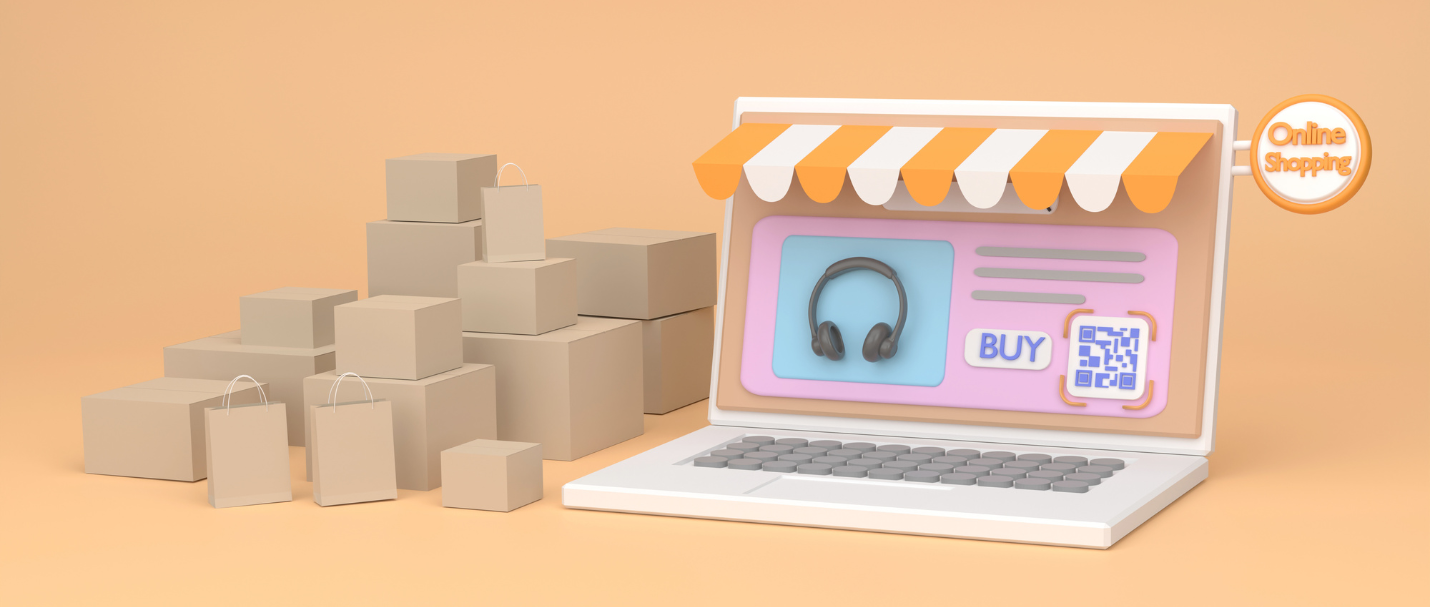6 min read
South Africa’s e-commerce market is booming, with transactions expected to grow 150% to R225 billion by 2025. To succeed, businesses need a platform that meets their needs and aligns with local market demands, like payment flexibility. At Float, we’re passionate about helping South African businesses grow by giving shoppers the most flexible, frictionless, and financially responsible way to pay — boosting sales and customer satisfaction. The right platform can transform your online business, whether it’s Shopify’s ease of use, WooCommerce’s flexibility, or Shopstar’s local focus. Let’s explore the best e-commerce platform options suited for your business.
1. Shopify: Best All-In-One E-commerce Solution
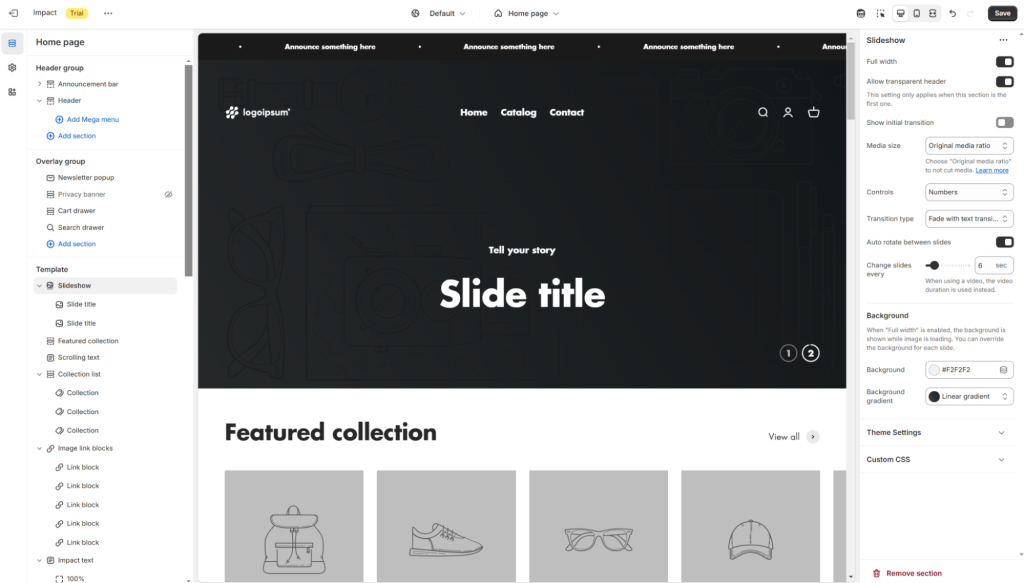
Shopify is the world’s leading e-commerce platform. It is a fully managed e-commerce platform perfect for businesses looking to launch an online store quickly. Everything has been built with e-commerce in mind, offering a seamless, all-in-one solution for online stores.
Key Features:
- Fully managed hosting, security, and updates.
- Quick and easy set-up.
- Fully customise your store with free and paid themes.
- Advanced search filters to email marketing tools, making it a versatile choice for businesses of all sizes.
Shopify Themes We Love
Every Shopify store requires a theme. You can kick things off with the free “Dawn” theme, but many paid themes provide exceptional out-of-the-box functionality, customisation options, and prebuilt sections. While they come with a one-time fee ranging from $250 to $400, it’s worth exploring the demos in the Theme Store to find a theme that perfectly fits your vision.
There’s a whole roundup of The Best Shopify Themes of 2025, but here are our current favourites:
They all easily enable product siblings, not just colour variants, and offer loads of high-quality, customisable sections to suit your needs.
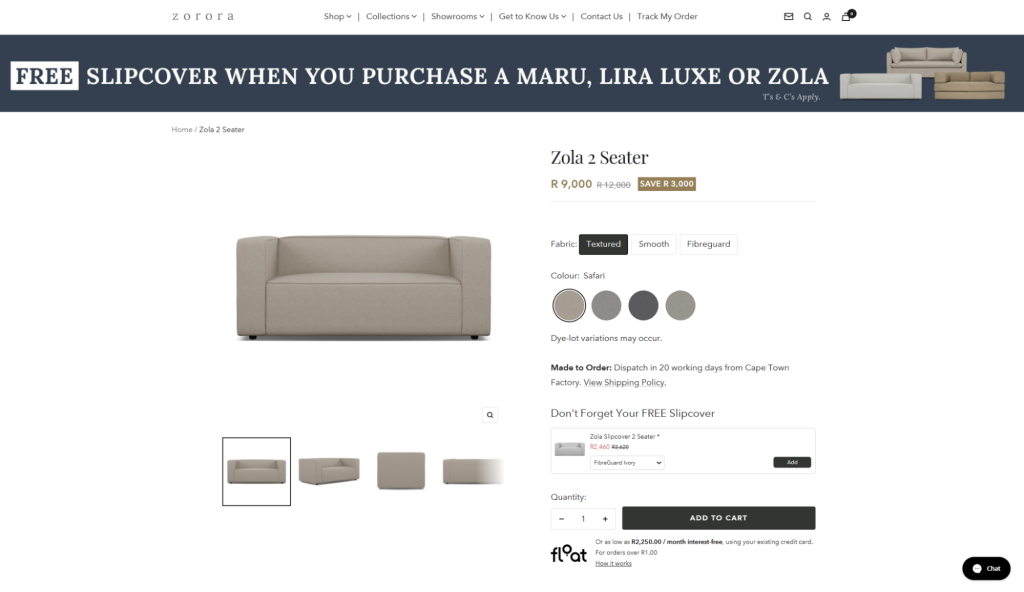
Great Shopify Apps
- Shopify Search & Discovery – Free
This enables you to create a more custom search/filtering on collection pages. - Shopify Email – Free up to 10k emails/month.
This tool covers most of your email marketing needs with ease. For the price, it’s hard to beat. - Tydal Product Reviews – This handy tool lets you manage product reviews with post-purchase email flows, discount incentives, and social proof widgets — all free! You can’t go wrong with that kind of functionality. But if you’re after something with even more features and don’t mind spending an extra $15 a month, look at Judge.me!
Downsides of Shopify
- Shopify’s premium pricing can be a drawback for South African businesses. Unlike WordPress, where the plugin and theme ecosystem offers mainly free options, with Shopify, most themes and apps come at a once-off or monthly cost in US dollars. This means the cost can fluctuate due to the exchange rate.
- Since Shopify Payments isn’t available in South Africa, you’ll miss out on features like native currency conversion and face additional transaction fees.
- These additional transaction fees are on top of your monthly subscription. If you are on the Basic plan paying annually, it works out to $19/m or $228/y (paying month to month will cost $25/m or $300/y). Then, your local payment processor will charge you, as a merchant, anywhere between 2.9% and 5% per transaction, and then Shopify will charge an additional 2% per transaction. This decreases slightly as you go up in plans.
- Shopify introduces fantastic updates twice a year, but these features are often first available in the US and then rolled out to Canada and Europe, leaving South African businesses waiting.
- As your business grows and requires more custom features, like checkout customisation or wholesale portals, you’ll need Shopify Plus, which currently costs around $2,300 (R42,000) monthly.
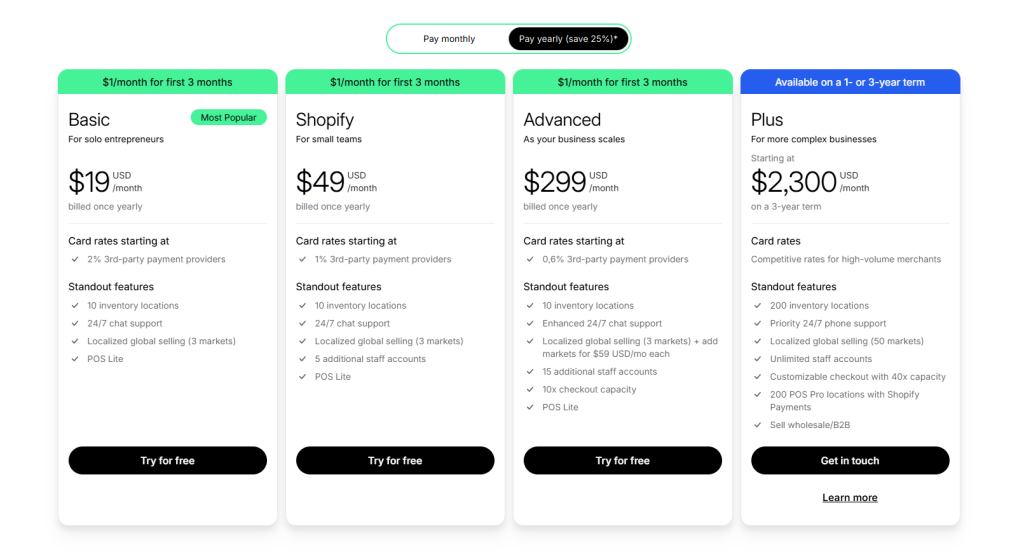
South African brands using Shopify include Zorora Sofas, Evolve Skateboards, Kolmio Jewellery and Pedersen & Lennard.
2. WooCommerce: Best For Functionality and Flexibility
WooCommerce is a powerful plugin for WordPress, the free and open-source content management system that powers over 60% of websites worldwide.
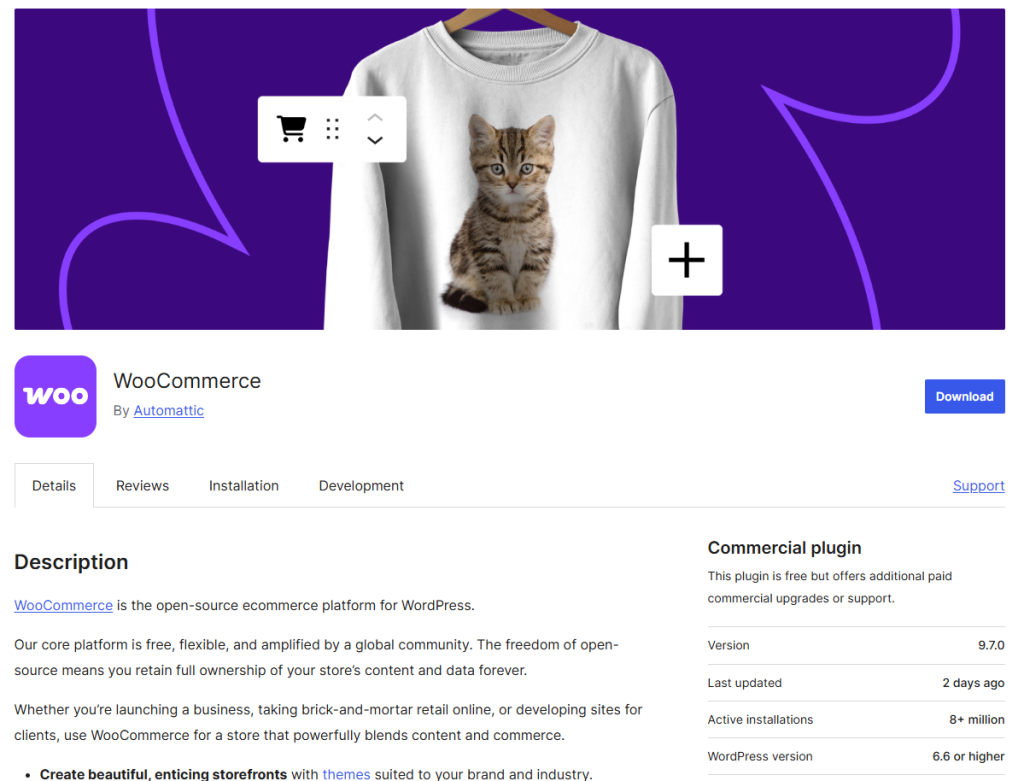
Key Features:
- All the flexibility and functionality of WordPress.
- A huge community of free and paid plugins can add required functionality.
- Endless free resources online if you ever run into an issue, great benefits of WooCommerce and the WordPress ecosystem.
- Ability to show pricing in various currencies.
WordPress Themes/Page Builders
Stock WordPress can be slightly limiting in design and customisation. Here are some themes/plugin options to help your store look great!
- Elementor: Most popular, easiest to use for beginners.
- GeneratePress + GenerateBlocks: Very popular theme and plugins that utilise WordPress’ Gutenberg block editor.
- Bricks Builder: Best theme/builder for professional developers.
WordPress eCommerce Plugins
Here are some must-have plugins for your WordPress e-commerce site:
- WooCommerce: This is the most popular e-commerce plugin for WordPress. It’s what most people use and think of when they speak about an eCommerce store being run on WordPress. WooCommerce offers endless customisation and flexibility for those familiar with it. The pricing appeals to South Africans since you only need to cover your domain, hosting, and payment gateway fees. Both WooCommerce and WordPress themselves are free.
- Float Payment Gateway: Plugin for WooCommerce lets your shoppers buy today and pay over up to 24 interest-free, monthly instalments using their existing credit card.
- Advanced Custom Fields: Extend your site to a more complete content management system (CMS) with additional custom post types, fields, and taxonomies.
Downsides of WordPress
- There are some “hidden” costs to the “free” side of WordPress that, if you don’t have a little bit of technical experience with, can feel overwhelming.
- You’ll need to choose a place to host your website. The cost of this can range from 10s of Rand per month to 1000s of Rand per month depending on your hosting package.
- You’ll need to manage theme updates and plugins, including WooCommerce. This can be daunting as WordPress and its plugins are notorious for breaking or conflicting after updates.
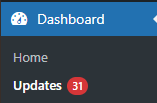
- You’ll need to be more aware of your website’s security. While most of the heavy lifting should be handled at a server level (ensure you’re using a reputable host), this can impact your website’s reliability. It’s excellent when it works but can be a pain when it doesn’t.
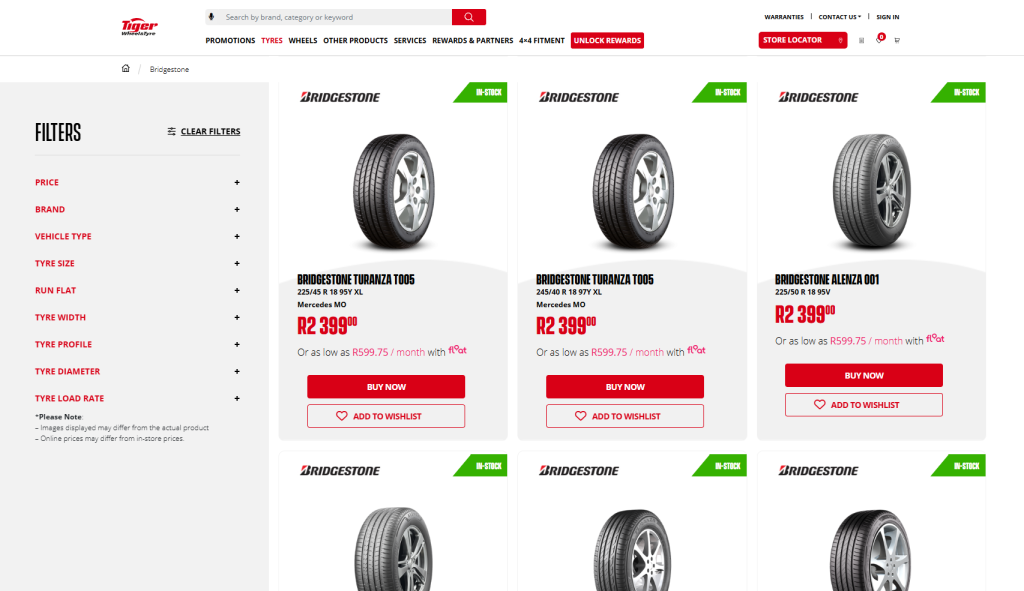
South African brands using WooCommerce include brands like Tiger Wheel & Tyre, Samsonite and MiFitness
3. Shopstar: Best for Small Local Businesses
Shopstar is a South African-made e-commerce platform designed for local entrepreneurs. It stands out with its seamless integration of local payment options, including EFTs, digital wallets, and Float which is a card-linked instalment platform that allows customers to pay in interest-free monthly instalments. This ensures businesses can meet the payment preferences of South African consumers, something many international platforms struggle with due to compatibility limitations. With affordable pricing, a user-friendly drag-and-drop interface, and mobile-friendly designs, Shopstar is an accessible and cost-effective solution for small businesses and startups looking to thrive in the local markets.
Key Features:
- Local support tailored for South African businesses.
- Affordable pricing with no hidden costs.
- Seamless integration with local payment gateways (EFTs, digital wallets, Float).
- User-friendly drag-and-drop interface and mobile-friendly designs.

South African brands using Shopstar include brands like Amble Pantry.
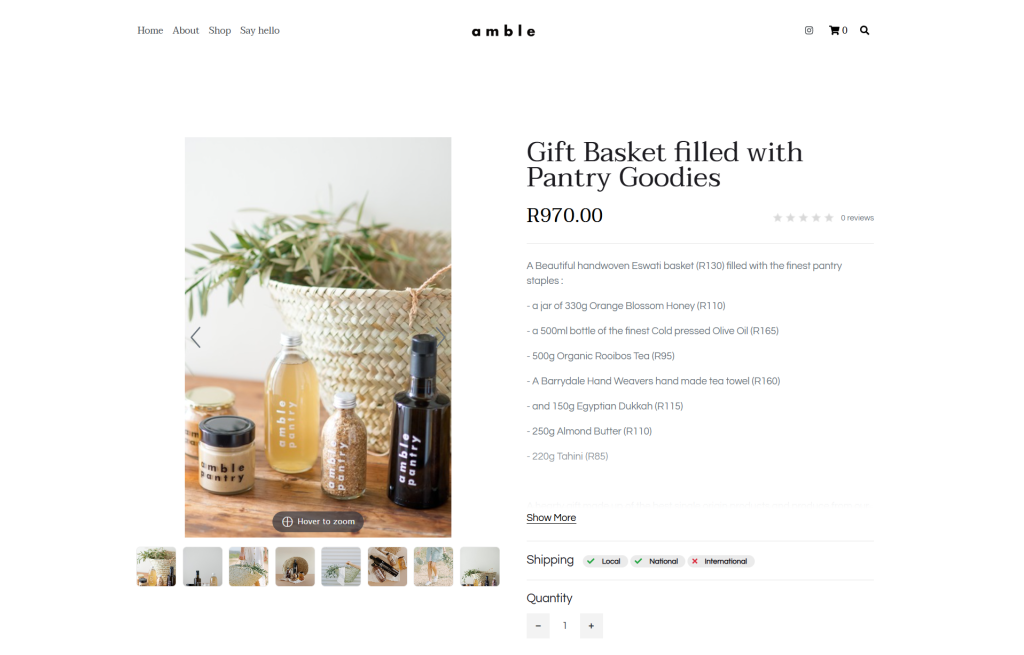
4.Magento (Adobe Commerce): Best for Enterprise-Level Businesses
Adobe Commerce, formerly Magento, is a strong e-commerce platform. It’s built for medium to large businesses that have complex needs. It’s robust and offers customisation and scalability for businesses that require it.
Key Features:
- Extensive customisation capabilities for unique business requirements.
- Robust product management for large inventories and complex product offerings.
- Advanced B2B functionality, including company accounts and custom pricing.
- Powerful built-in marketing and promotional tools.
- Enterprise-grade security and performance optimisation
Downsides of Magento
- It’s overkill for small businesses.
- The platform needs a lot of technical skills to set up and keep running. This often means you’ll need a developer or a team.
- Magento hosting costs can be much higher than other platforms. This is because Magento needs more resources and specialised hosting.
- Licensing fees for Adobe Commerce (formerly Magento Enterprise) are steep. The open-source version is free, but it has limited features.
- The learning curve is harder than platforms like Shopify or Shopstar. Your staff will need extra training.
- Customisation and extension development costs are usually higher. This is because they need specialised skills.
South African brands using Magento include iStore and Leroy Merlin.
Why We Didn’t Include Squarespace
Their lack of South African payment gateway integrations or support for their payment processor in South Africa might help you make your mind up about the platform early on.
We recommend that South Africans looking to create an e-commerce site find an alternative to Squarespace. The lack of local payment gateway integrations and the absence of support for its own payment processor in South Africa make it an impractical choice.
Squarespace has its own payment processor, “Squarespace Payments, which is only available in the US, UK, and Canada, meaning your only options are Stripe or PayPal as a processor — neither of which are ideal. Stripe isn’t accessible in South Africa, and dealing with PayPal, even with an FNB account, is a challenge.
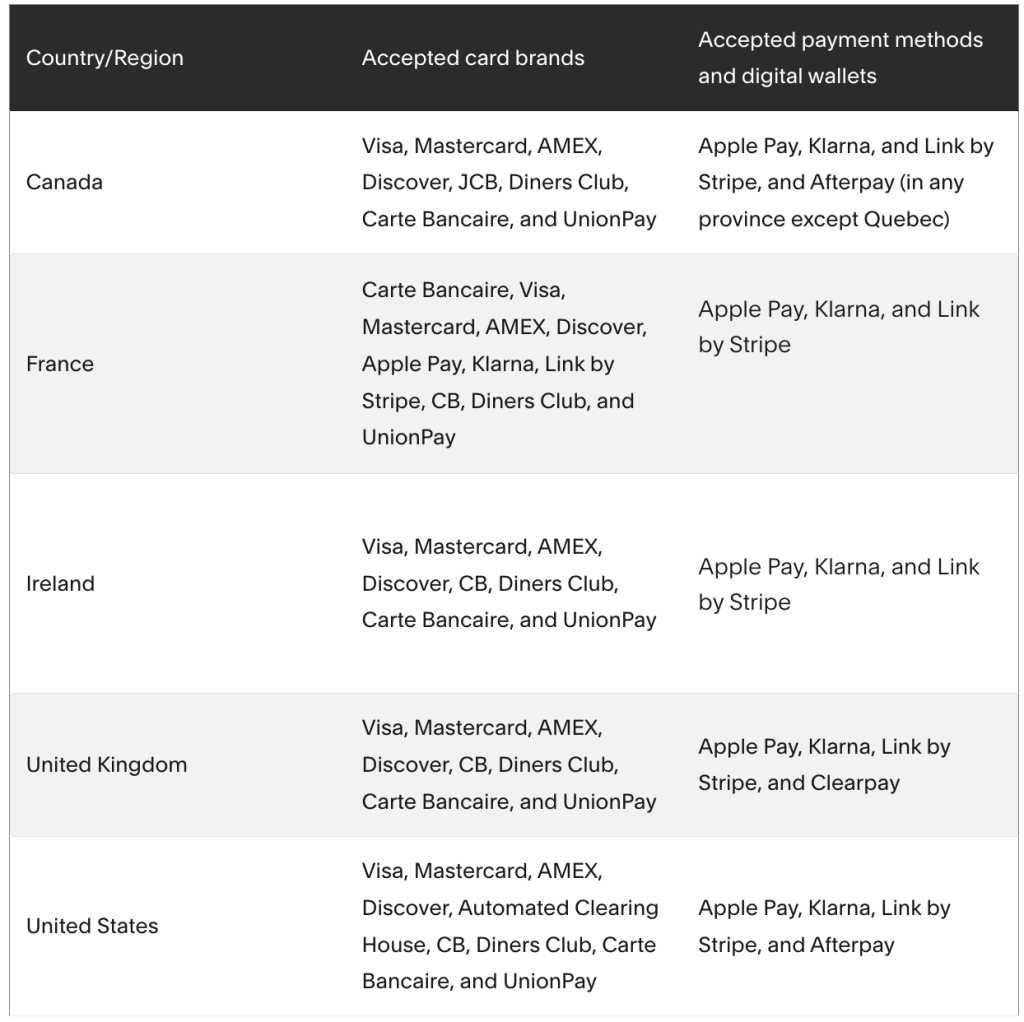
Beyond the high PayPal fees, poor exchange rates, and extra FNB commissions, you’ll still be paying R620 monthly for the e-commerce plan. While Squarespace isn’t a great fit for South African online stores, it remains a solid choice for non-e-commerce websites.
Choose the Right Platform for Your E-Commerce Business
South Africa’s e-commerce market is expanding rapidly, offering exciting opportunities for businesses to thrive. However, choosing the right platform is crucial to your success. Local payment options, affordability, and scalability all play a role in finding the best fit for your business.
By selecting a platform that meets your needs and aligns with the South African market, you’ll set yourself up for long-term growth. For more insights on improving your online store, explore Float’s related blog, Tips for Optimising Your Checkout Flow, and discover how to create a seamless shopping experience that boosts conversions.
